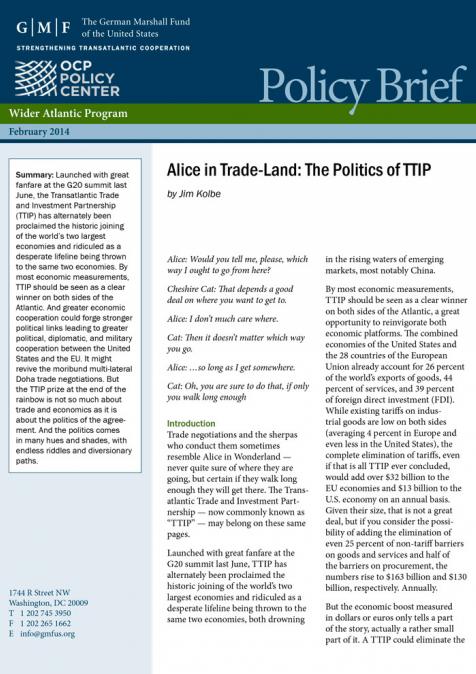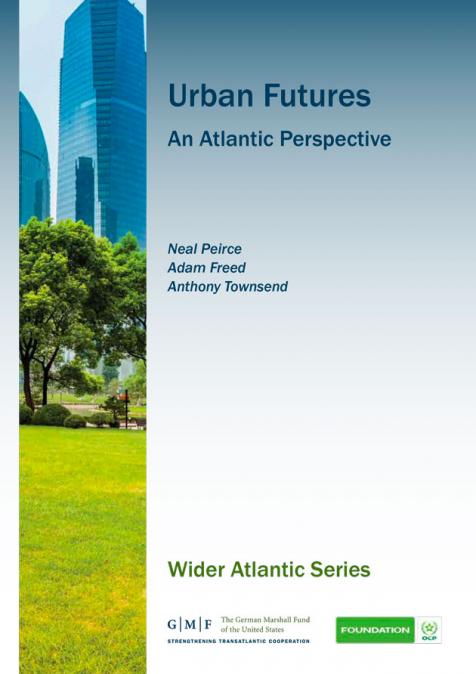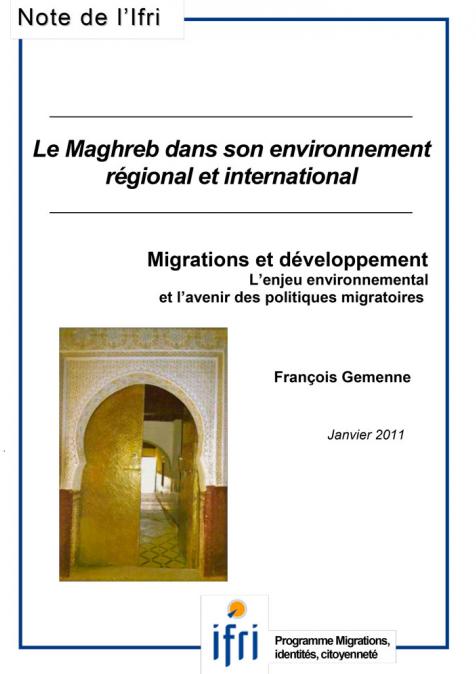AD2023: Plenary III: An International Finance Architecture Fit for Global Challenges
Recent years have witnessed a notable increase in the frequency and severity of various crises, encompassing issues such as climate change, the COVID-19 pandemic, over-indebtedness in a number of countries and geopolitical conflicts. This escalation underscores the critical need to urgently address some of the most pressing global challenges. Unfortunately, international responses thus far have fallen short, with lessons from past experiences not being adequately absorbed. Calls from the international community for extensive reforms of the global financial architecture, particularly the multilateral development banks (MDBs), have been recurrent. While acknowledging their role in development financing and crisis management, it is imperative to enhance their approach and impact. This adaptation is crucial to effectively address contemporary global challenges, navigate multidimensional crises, restore debt sustainability, and ultimately advance the achievement of the Sustainable Development Goals (SDGs).
What strategies can be employed to ensure the timely and effective implementation of reforms and adaptations in the global financial system?
Regarding the reforms proposed for international financial institutions, what implications will they have, and how can alignment and coordination with regional and continental financial institutions be guaranteed?
How do financial institutions in the Global South perceive the global reform agenda?






